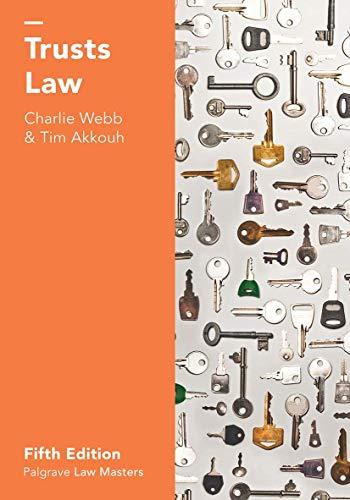Question
Plaintiff brought a breach of contract action against Defendant in federal court on the basis of diversity jurisdiction. The case survived summary judgment, and was
Plaintiff brought a breach of contract action against Defendant in federal court on the basis of diversity jurisdiction. The case survived summary judgment, and was tried before a jury. At the close of Plaintiff's case, Defendant proceeded to present three witnesses. The jury found in favor of Plaintiff. Sixty days after entry of judgment, Defendant moves for judgment as a matter of law under FRCP 50(b).
Can the trial judge grant Defendant's motion?
(A)
The trial judge can grant the motion, if she agrees that there was insufficient evidence for the jury to find in favor of Plaintiff.
(B)
The trial judge cannot grant the motion, because Defendant failed to make a motion for judgment as a matter of law before the case was submitted to the jury.
(C)
The trial judge cannot grant the motion, because Defendant failed to object to the substance of two of the five jury instructions.
(D)
The trial judge can grant the motion, because it is timely.
Step by Step Solution
There are 3 Steps involved in it
Step: 1

Get Instant Access to Expert-Tailored Solutions
See step-by-step solutions with expert insights and AI powered tools for academic success
Step: 2

Step: 3

Ace Your Homework with AI
Get the answers you need in no time with our AI-driven, step-by-step assistance
Get Started


